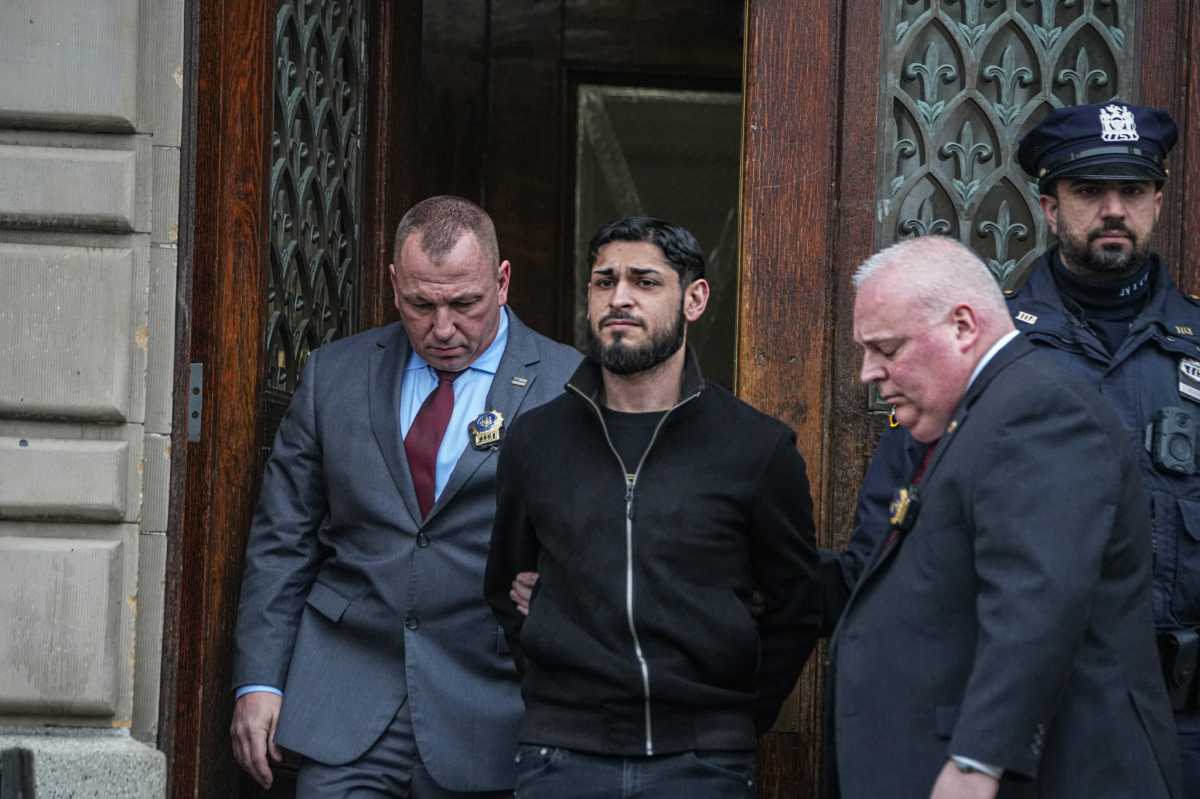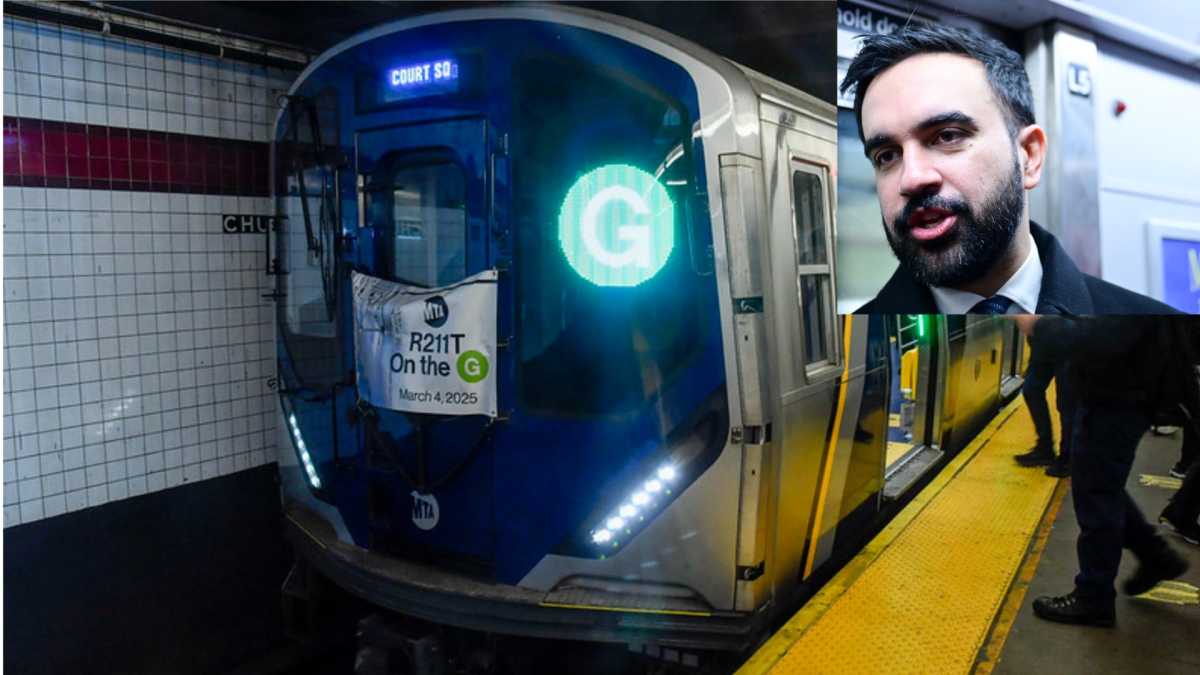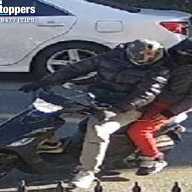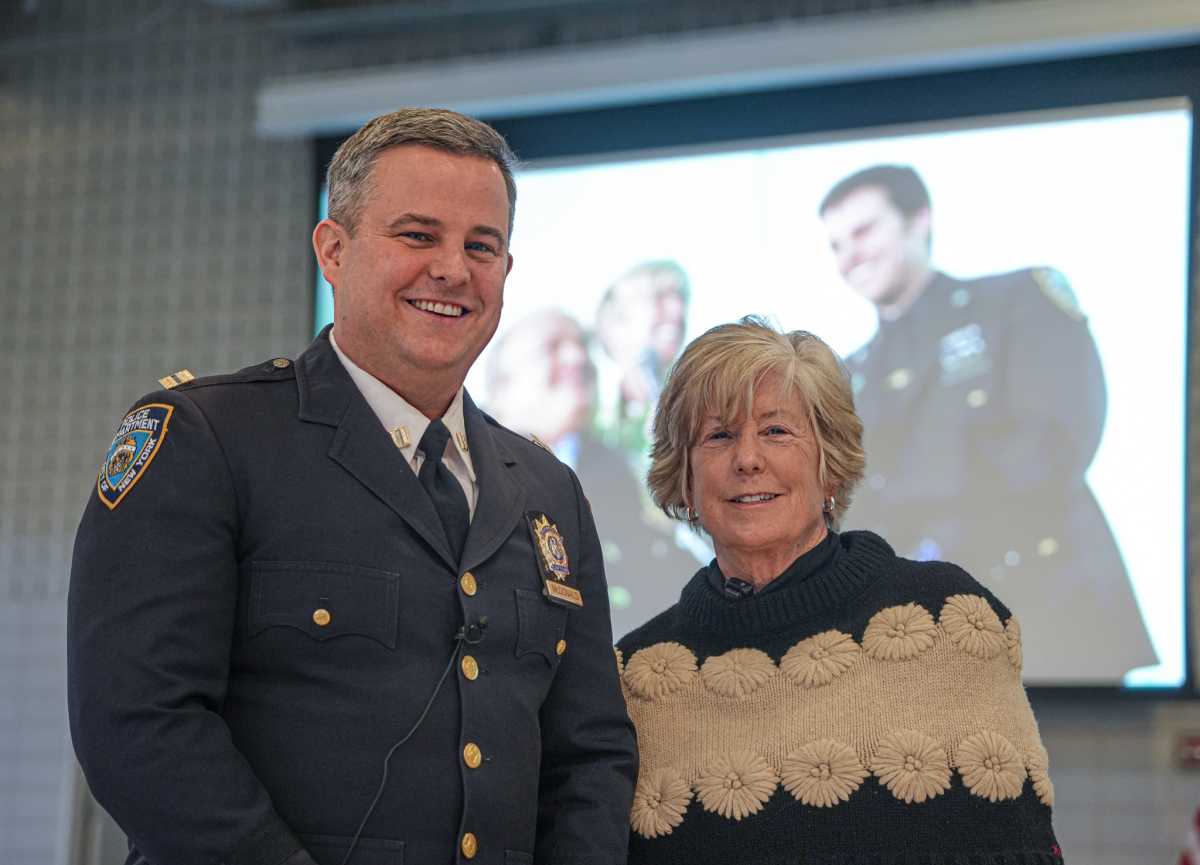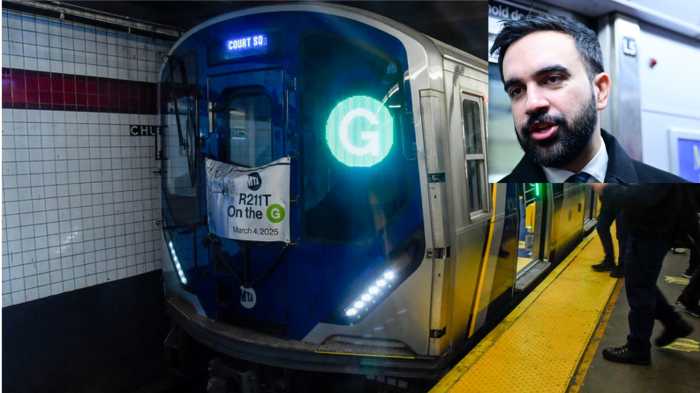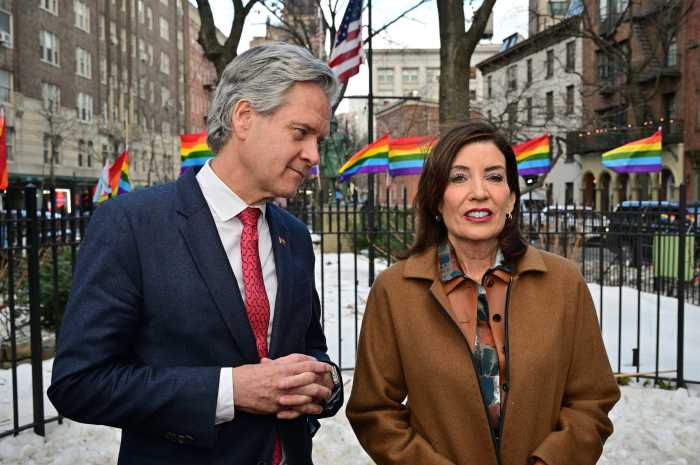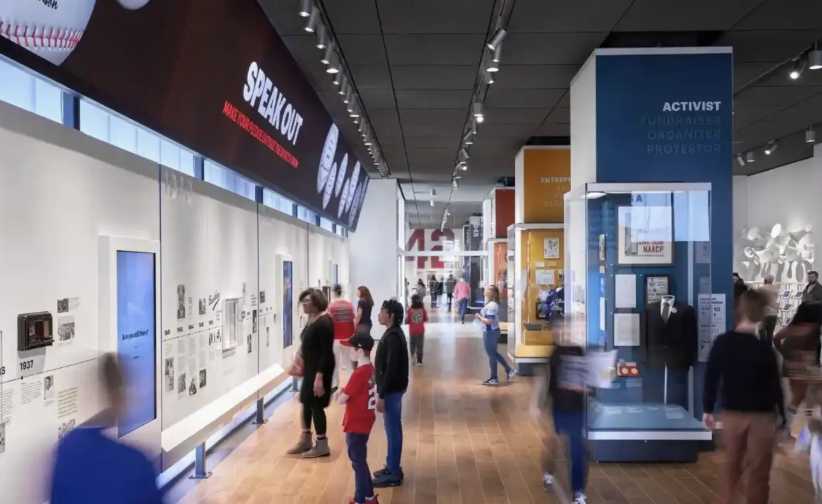By Sadef Ali Kully
The last time Johnny Hincapie remembers sitting inside the Blue Bay Diner in Bayside was in April or May of 1990, just a few months before police officers would pick him up from his nearby home on the corner of 15th Road Extension . They told his mother, Maria Hincapie, they would bring him back.
Hincapie did not come home for 25 years.
In 1991, after a seven-week trial, Hincapie was convicted of taking part in the fatal subway robbery of 22-year-old Brian Watkins, a Mormon tennis instructor from Utah. Hincapie was sentenced to 25 years to life in prison for playing a role in the robbery turned murder.
On Sept. 3, 1990, Hincapie was heading to the Roseland Ballroom, which featured a famous Latin deejay, on West 52nd Street to dance with friends.
Watkins was visiting the city to attend the US Open with his family. According to court records, he was stabbed to death during a robbery by several young men inside the station at 53rd Street and Seventh Avenue.
In the 1990s, city crime rates were the highest they had ever been and elected and police officials were under pressure to arrest the men responsible for the high-profile death of Watkins.
Within 24 hours, police had rounded up seven suspects, including Johnny Hincapie.
In October, Hincapie’s conviction was overturned by Manhattan Supreme Court Judge Eduardo Padro and he was granted a new trial based on new evidence. It was the first time a conviction had been voided and a new trial was granted in a non-DNA related evidence-based case.
In his ruling, Padro said the new evidence presented during the hearings that began in February would have changed the outcome of the trial held in 1991. The evidence involved new witnesses who came forward after many years and was the result of digging into the case by York College journalism professor Bill Hughes and former Chairman of the state Board of Parole Robert Dennison.
Back in 1990, Hincapie was in his senior year at Bayside High School and worked as a deejay and bouncer at the long-forgotten nightclub Avanti on Bell Boulevard. He also liked going to the movies at the old cinema known as the Bayside Theatre right on Bell Boulevard. He was a Bayside kid who loved music, dancing and acting.
“I wanted to be an actor. I wanted to do many things,” he said while waiting for his breakfast at Blue Bay Diner in December. “My world was huge.”
After his conviction, his world shrank to a small cell in a row with career criminals.
“I was scared. I was shocked. I was extremely bitter and angry when I went in,” he said about his first week in prison. “I prayed that I just wouldn’t wake up.”
But Hincapie found motivation within those prison walls.
“I quickly realized I could not become the animal that prison could turn you into and from that day on all I ever wanted was the truth to come out about my innocence,” he said.
“I wrote to mosques, churches, synagogues, I never stopped writing. But no one wanted to take a non-DNA case. No one wanted to do the leg work.”
In prison, he completed his education with a master’s degree in theology and even played the lead character Tony in “West Side Story” through a prison theatre program.
While Hincapie was trying to survive on the inside, on the outside Hughes and Dennison found him attorneys and one witness who would help move the case forward.
Media attention to the case helped flush out an additional female witness who testified she had not seen Hincapie at the scene.
Hincapie said the people who believed in him were his guardian angels.
According to court records, Hincapie’s attorneys, Ronald Kuby and Leah Busby, said he was coerced and beatened into a false confession of his minor role in the robbery by detectives but a thorough investigation was never conducted.
His first night out as a free man, Hincapie had a grand dinner, celebrated with friends and family and then went home to his parents, who now live in Whitestone in a one-bedroom home.
“My parents slept on sofa bed and gave me their bedroom. It was heaven. I haven’t slept like that in so long,” he said.
He said he took to the cell phone quickly and became a pro at texting within a few hours. With friends who had created a “Free Johnny” social media profile on Facebook, he learned how to use social media sites. He said the digital world has made his transition into his new free life easier.
For Hincapie, Christmas and New Year celebrations had a whole new meaning.
For Christmas, he participated with family and friends in the ugly Christmas sweater contest. Hincapie did not win, but his cousin’s boyfriend did. For New Year’s, he kept himself surrounded by friends and family again.
While Hincapie’s attorneys prepare for his trial, he sees the new year as part of discovering himself and his newfound freedom.
As regards his future, he said it was full of possibilities: “I have a lot to do. And I need to move forward with my life and holding onto anger would just weigh me down.”
Reach Reporter Sadef Ali Kully by e-mail at skull

